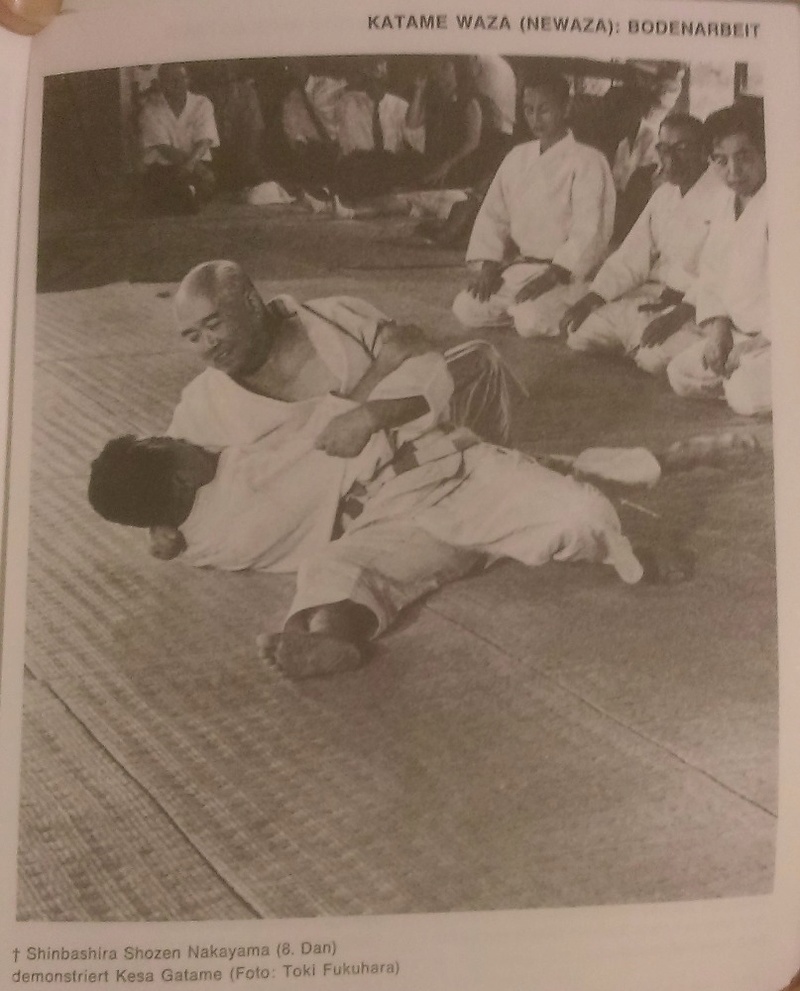fredlinux wrote:The email below from Dr Andreas Niehaus was taken from a brazilian thesis:
Re: Contribution to research Judo
From: Andreas Niehaus
To: Sérgio Oliveira dos Santos
Dear colleague, please excuse my late reply, but it has been quite hectic here in Ghent.... I certainly agree with your analysis of influences on Kano Jigoro.
May I also suggest to take a look into Buddhist thought? The concept of jita is also used in Buddhist philosophy. Buddhist schools are for example divided into jiriki and tariki schools. Jiriki-schools rely on the power of the zelfs/person for enlightenment and tariki-schools rely on the help of the boddhisattvas and other helpers. Kano certainly opposed any form of religion as can be seen in his writings, however I think that it can be argued that certain philosophical concepts belong to the core of a culture. The ethical and moral system in Europe is for example very much influenced by Christian beliefs although life and law are secular now, the under current would still be a unconscious Christian grid of moral beliefs. The same could be argued in the case of Buddhism in Japan. Even people not believing in Buddhism can and will still be adapting Buddhist values as they are part of a cultural memory.
Best
Thanks for the post. Interesting.
But I can't track his citation of Buddhism - write large, sure, but Buddhism suffered huge declines in Japan during the Meiji Restoration. Confucianism was a much more pervasive cultural influence.
In Japan Buddhism essentially merged with the native Shinto, and it was only in the early Meiji administration that they were separated by government edict. Recently I went to one of the top ranked Shinto shrine complexes in the country, almost a thousand years old. Nearby there are a couple of Buddhist temple complexes almost as old. Until the late 1800's they were essentially all Buddhist / Shinto temples, all related. After the establishment of the religion law, Shinto was separated and elevated above other religions; according to the Meiji government, Shinto was not even a religion but rather ".... Shinto was promoted as a
public expression of Japanese ethnic identity and loyalty to the throne that all imperial subjects would observe, regardless of their
private religious beliefs." http://rijs.fas.harvard.edu/crrp/papers/pdf/Hardacre_ReligionConstitution.pdf While of course Shinto acted as a religion, this artifice allowed people to practice their own religion while demanding public acknowledgement of Shinto and observance of certain minimum Shinto-like rites such as bowing to the Emperor's photo, etc.
Even at those ancient temples, there is still a connection that the priests worked out. The Shinto gods enshrined at the Shinto shrine became the ujigami, household gods of the Buddhist temples so every year the senior Buddhist priests troop down to the Shinto shrine to participate in elaborate ceremonies celebrating the Shinto gods.
There are hundreds of references to Kano's study of ancient Chinese texts associated with Confucianism and neo-Confucianism, and his own words in praise of Confucius and Confucian scholars, but I can't recall a single reference to a purely Buddhist text.
NBK




